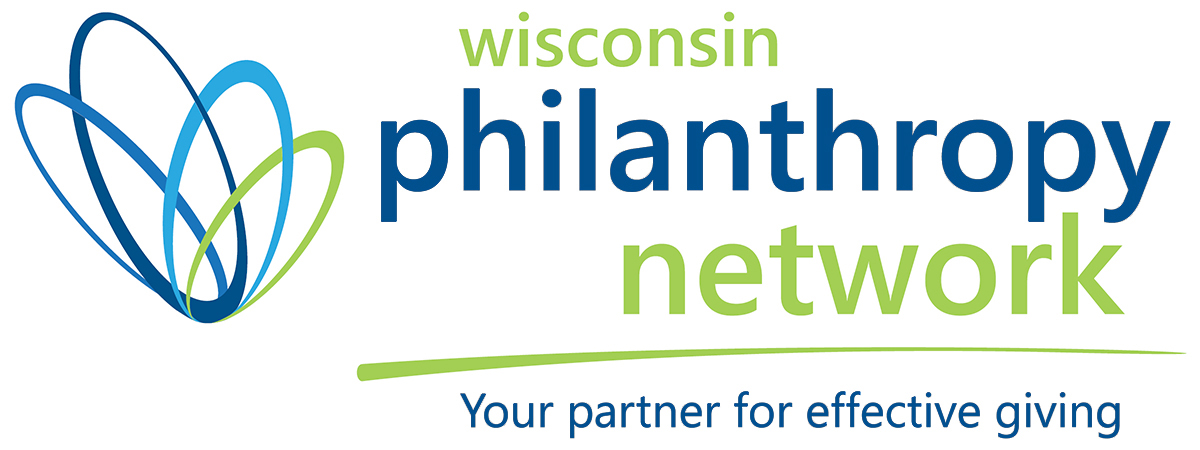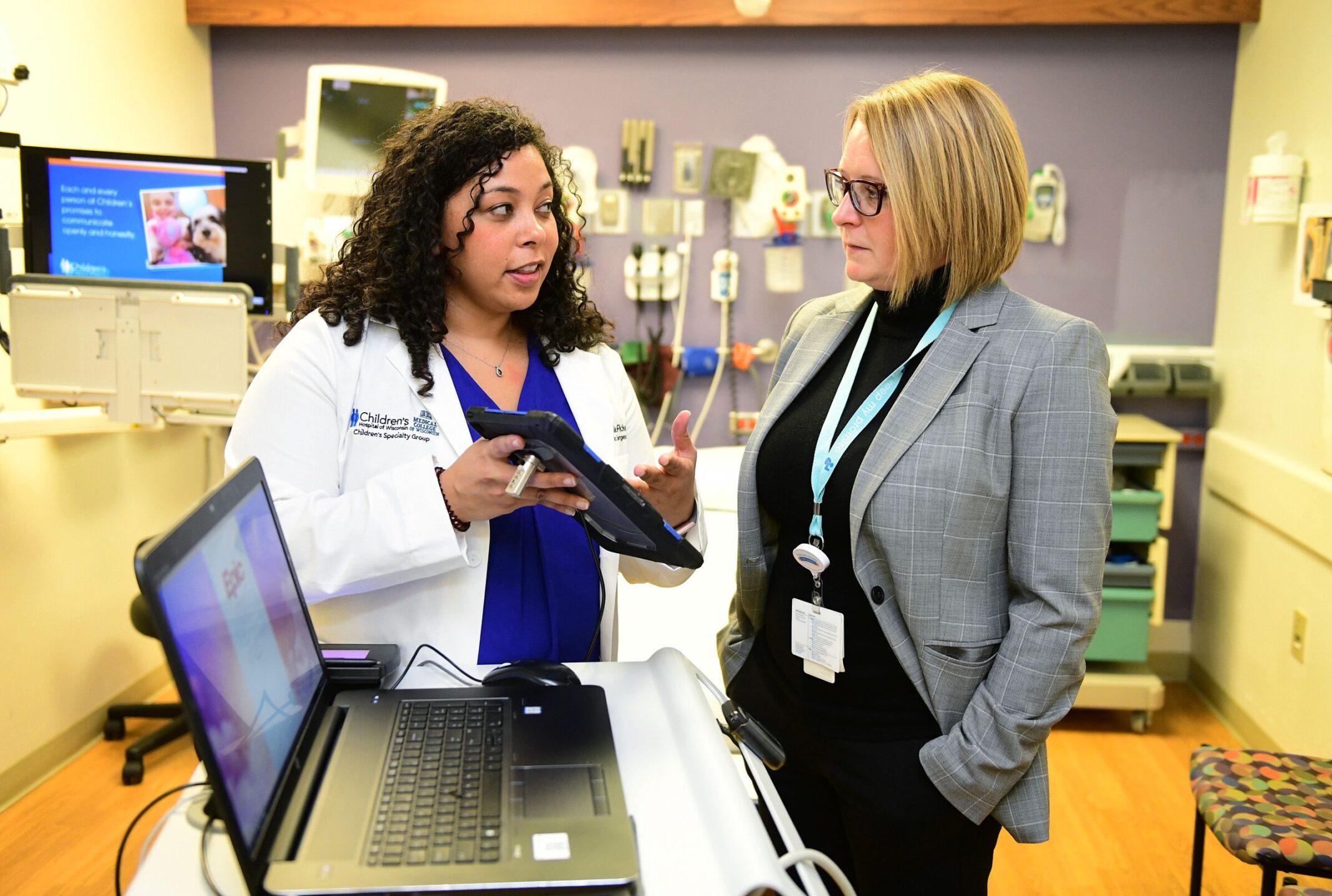Largest single gift in health system's history
By Lauren Anderson -Jan 27, 2020 12:28 pm
An anonymous donor has pledged $15 million in support of Children’s Wisconsin’s $150 million plan to address growing mental and behavioral health needs among Wisconsin children.
The donor committed to matching dollar-for-dollar donations to Children’s that are designated to support mental and behavioral health services, the health system announced Monday.
The $15 million pledge is the largest single donation in Children’s history.
“The community recognizes that mental and behavioral health services must be improved, particularly for kids,” said Peggy Troy, president and chief executive officer of Children’s. “We are incredibly thankful to all the donors who have stepped forward for this critical initiative,”
Children’s announced in 2019 the health system’s multi-faceted initiative to address the mental and behavioral health crisis facing Wisconsin kids, including doubling the number of mental and behavioral health providers in the system. Children’s says it needs $150 million to implement the plan.
Several other donors have pledged support to date, including Kohl’s, which announced in March 2019 its $5 million gift to support system-wide screening, school-based programs and mental health awareness efforts. Rexnord Foundation has pledged $1 million to Children’s efforts; and Boldt Corp. has also given $1 million, which will partially fund Children’s Therapist Fellowship Program.
“The need is great for increased mental and behavioral health access,” said Amy Herbst, vice president for mental and behavioral health at Children’s. “One in five kids in Wisconsin suffers from a mental health illness and almost half of those are not receiving treatment. This challenge gift will hopefully motivate the community to support these initiatives so kids can get the help they need.”
The Children’s initiative includes: universal screening for mental health, regardless of a child’s visit; early childhood mental health services; school-based mental and behavioral health programs; integrated mental and behavioral health services in primary care offices and specialty clinics; a therapist fellowship program; offering a pediatric psychiatric assessment team and space in the Children’s emergency department; and partnerships with inpatient and residential care providers.




